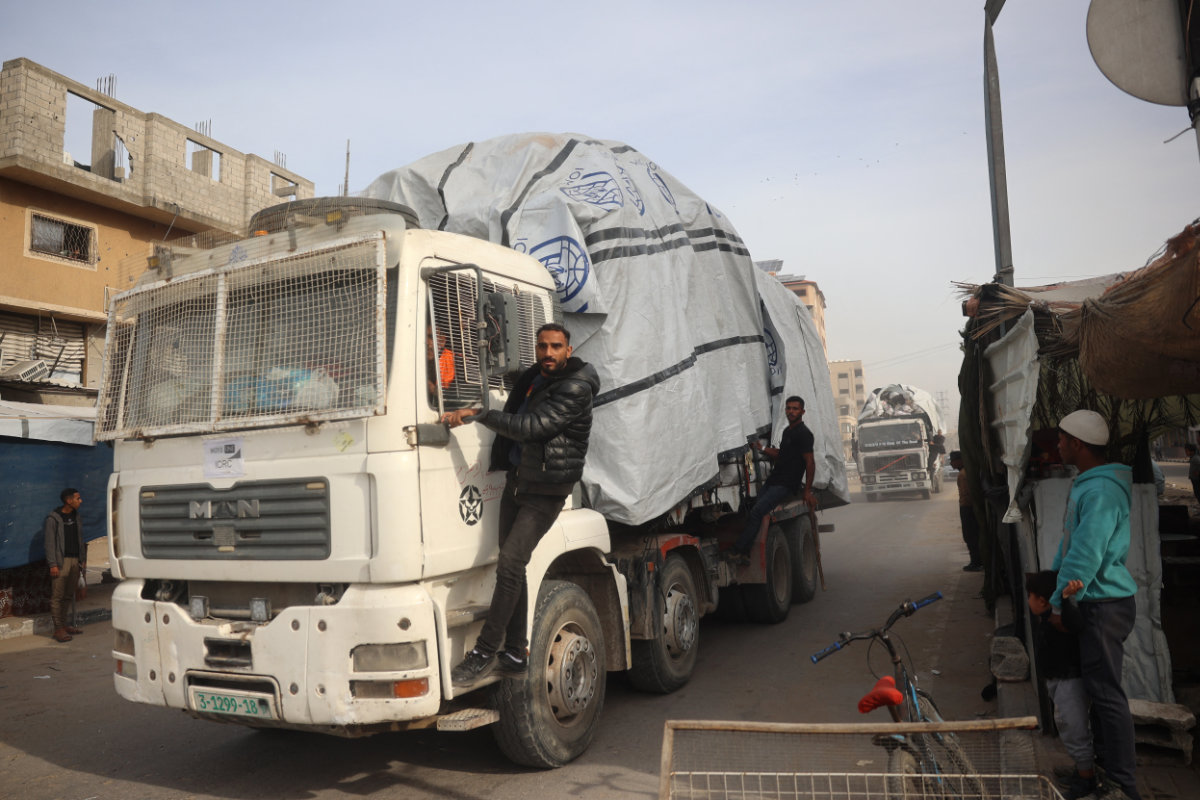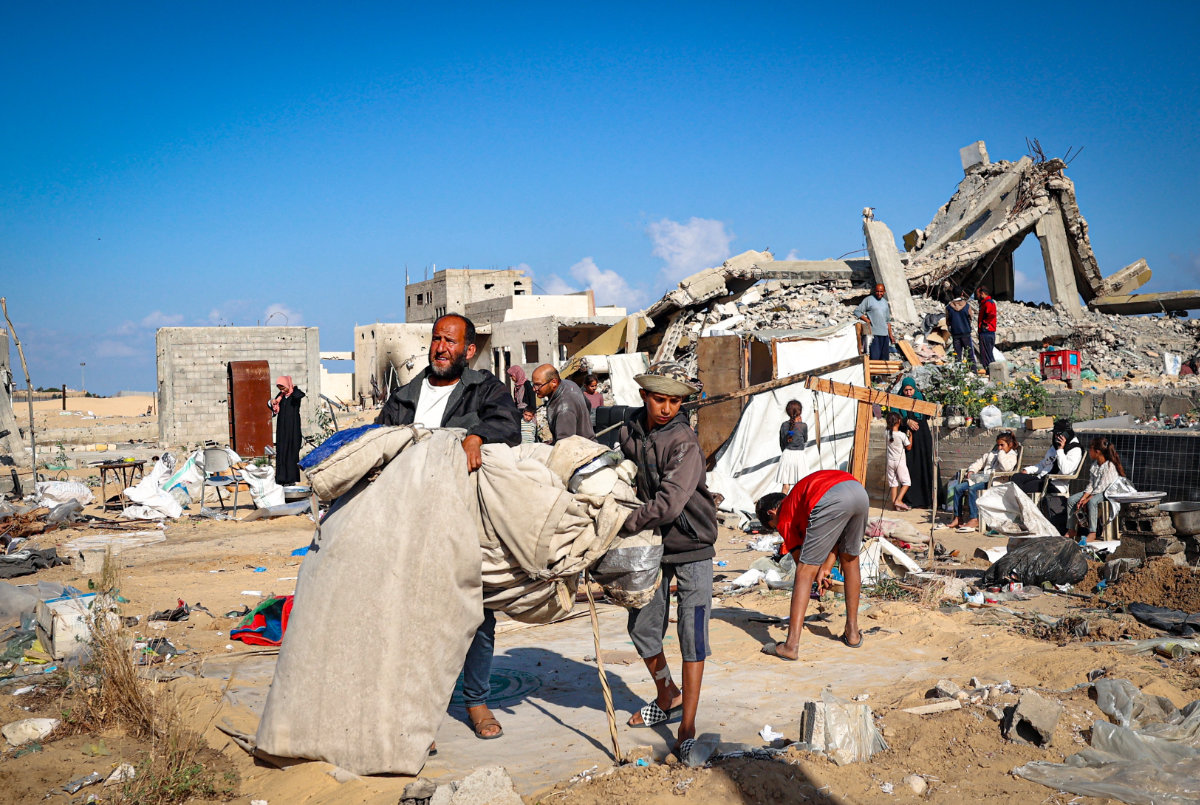BEIRUT: A prominent member of the Lebanese engineering and construction sector has warned of dire consequences if the industry collapses.
Maroun El-Helou, chairman of the Syndicate of Contractors of Public Works and Buildings, said: “The collapse, if it occurs, will directly affect 700 contracting companies, 300 consulting firms, and 15,000 engineers working in companies or as freelancers in the public and private sectors. The collapse will affect 3,000 engineering offices and subcontractors and more than 150,000 administrators, technicians, and workers, in addition to workers in all other construction-related jobs.”
El-Helou warned that a collapse could lead to “an exodus of skilled and specialized manpower as well as unemployment and starvation in Lebanon.”
The accumulated amount owed to contractors, engineers and consultants by the Lebanese government is approximately $600 million. El-Helou said: “The irregular payments, plus the lack of a clear roadmap for state action in light of the exceptional conditions that Lebanon is experiencing has put all projects in limbo. This will be directly reflected by the decline of environmental, health and living conditions. The investments and projects will be lost because of the government’s lack of seriousness in dealing with the burning issues.”
Most of the projects carried out by contractors under the Council for Development and Reconstruction are related to infrastructure such as roads and water.
El-Helou said, “There are 18 projects under construction and we demanded the cancellation of contracts for these projects. The projects are worth about $150 million and were funded locally. They were cancelled due to the failure to clear the bills which amounted to approximately $40 million for nearly two years. The Ministry of Finance did not transfer funds in 2018 and 2019. We proposed that the state pay half of the amount and complete the projects, but the Council for Development and Reconstruction suggested that cancelling contracts for incomplete projects was the worst possible solution, because it would result in the loss of money spent on the projects without achieving the desired goals.”
He added: “There are projects that the government must pay for in dollars, but the payment is very late and is made in Lebanese pounds according to the official exchange rate of LBP1,507 (to the dollar). This led to the suspension of work, increased losses, and (led to) a rise in the dismissal of engineers and workers.”
The projects suffered a financial setback more than two years ago because of irregular payments by the Ministry of Finance. “The major catastrophe that most affected the entire engineering sector was the actions of banks in terms of imposing restrictions on the movement of funds for withdrawal or transfer,” El-Helou said.
“Today the dollar exchange rate has led to an increase in the high price of materials, the scarcity of materials and the inability to import them. That has in turn led to the suspension of work in most projects and dismissing engineers, employees, and workers by more than 50 percent.”
As for projects to which the state contributes 25 percent of financing, and to which international institutions such as the World Bank, plus Arab and foreign funds contribute 75 percent, the Ministry of Finance “does not pay its share, which makes projects faltering, slow, and in danger of being stopped,” according to El-Helou.
The Syndicate of Contractors of Public Works and Buildings has asked officials for solutions to the issues they face. Contractors became angry when Lebanon’s financial public prosecutor summoned 30 contractors and engineers a week ago to investigate media reports and information on social media regarding suspicious deals.
“We want accountability and transparency,” El-Helou said, “and if fraud occurs, we will not protect anyone but we will appear before the competent judiciary and the Audit Bureau. The method of summoning without any documented information that warrants an investigation is unacceptable. Such action is not based on the professionalism and merit that the Lebanese judiciary has always enjoyed.”
He added: “Targeting and defaming the sector without hard evidence is tantamount to demolishing the most important pillars of the national economy. It also weakens some 70 professions directly related to the work of engineers and contractors at a time when we are in dire need of reversing the faltering and traumatic economic cycle which underlies our political, financial and monetary problems.”
































